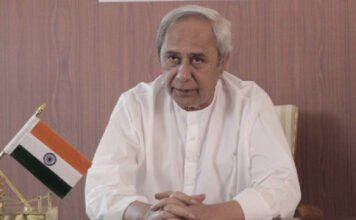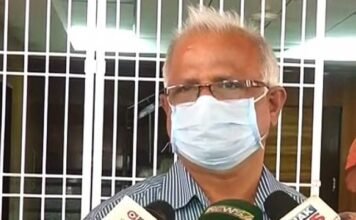New Delhi, Feb 15: Indian Railway is firming up a proposal to develop an online fuel management system, a first of its kind for the national transporter, to check pilferage and bring transparency in fuel consumption.
Railway Minister Suresh Prabhu is likely to announce the fuel management system in the Rail Budget 2016-17 on February 25, indicating the expansion of Information and Communications Technology (ICT) basket in the public sector behemoth.
Prabhu has laid emphasis on maximum use of Information Technology in the railways and this will reflect in his second Rail Budget this year.
CRIS, railways technology arm, will develop the online fuel management system at an estimated cost of Rs 21 crore, said a senior Railway Ministry official, adding once the system is operational, fuel-related information including consumption and expenditure will be known on real-time basis.
At present the railways monitor use of fuel and expenditure of diesel manually which leaves scope for pilferage as well as excess expenditure.
There are railway diesel installations (RDI) across the country where fuel is dispensed for rail use.
With the implementation of fuel management system in RDIs, the complete activity of fuel receipt to issue to locomotive will be available online, the official said.
Indian Railway spends about 14 per cent of its earning on high speed diesel which is approximately Rs 18,000 crore a year.
The real time information about inventory of fuel, its receipt, issue, inspection and fuel tank calibration will facilitate better management decision and inventory control and will save expenditure.
The price of high speed diesel varies from state to state due to variation in tax levy. The maximum and minimum price varies between Rs 71 and Rs 59 per litre.
The system envisages rationalisation of the fueling pattern sourcing most of the fuel from states offering a lower price.
“Real time information is a must for efficient rationalisation of the fuelling pattern and it has been estimated that by rationalising this fuel pattern a minimum of Rs 33 cr will be saved in a year,” he said, adding “if we consider the amount we will save on fuel, the implementation cost of the project will be recovered within a year.”


























